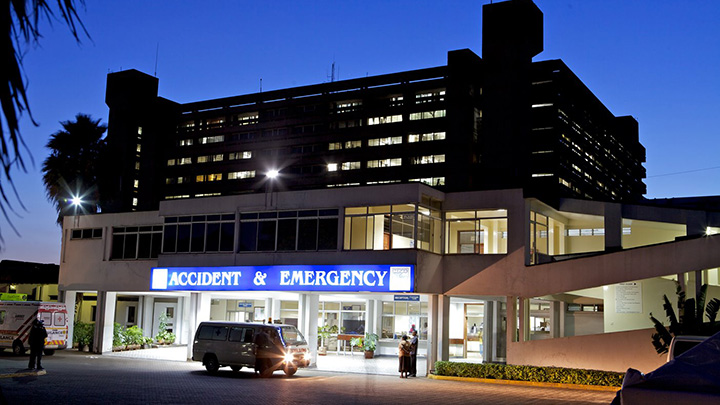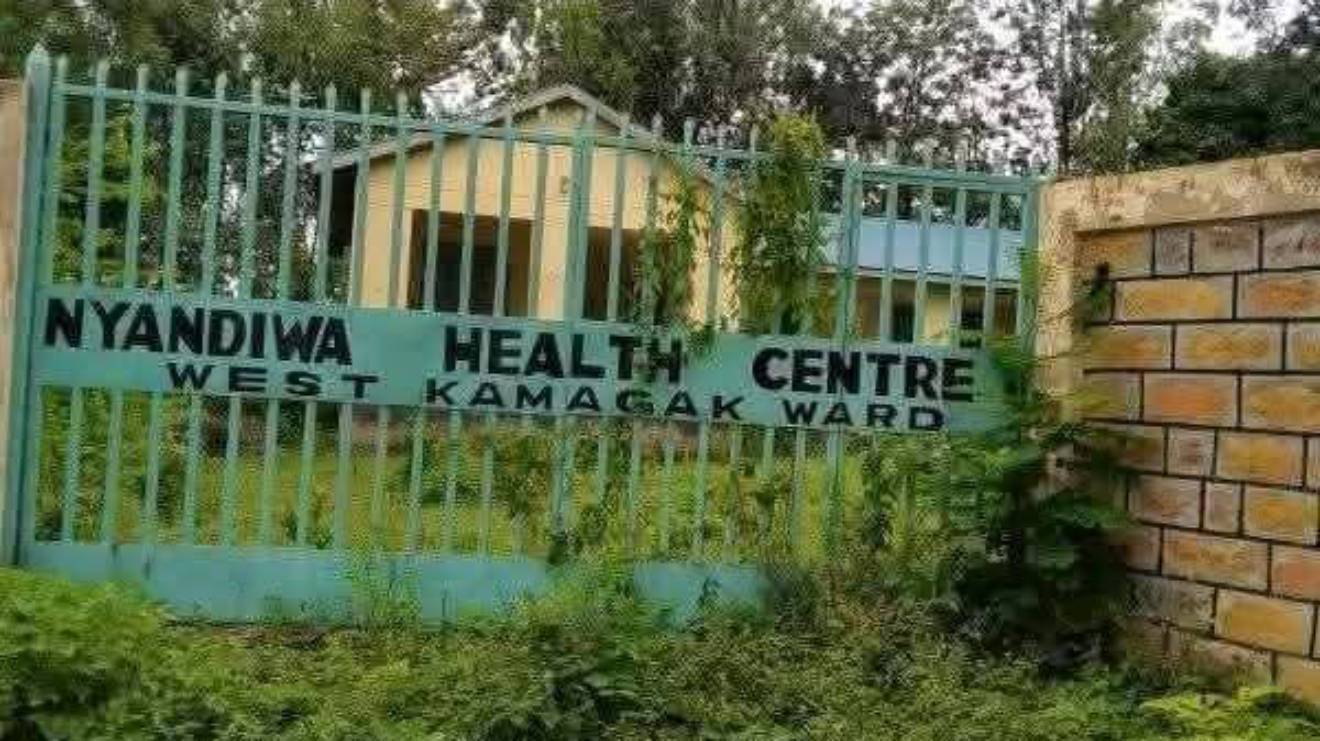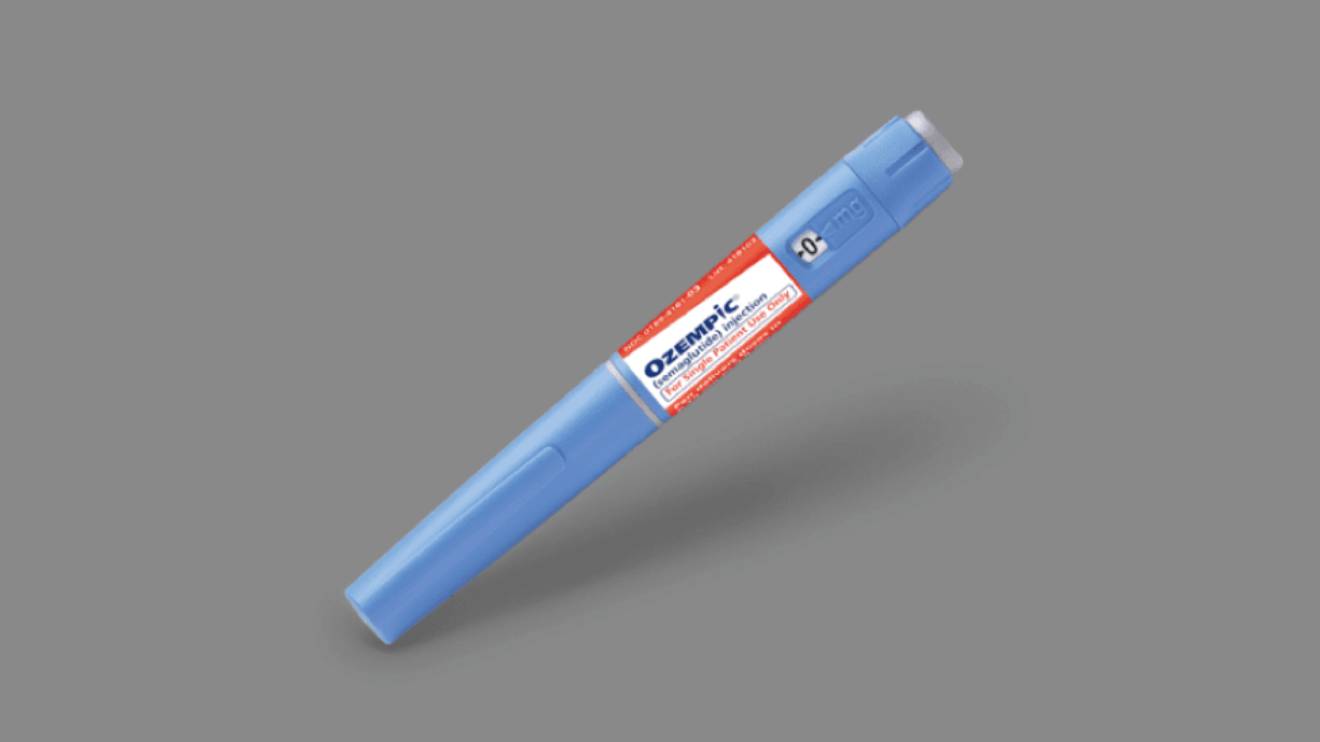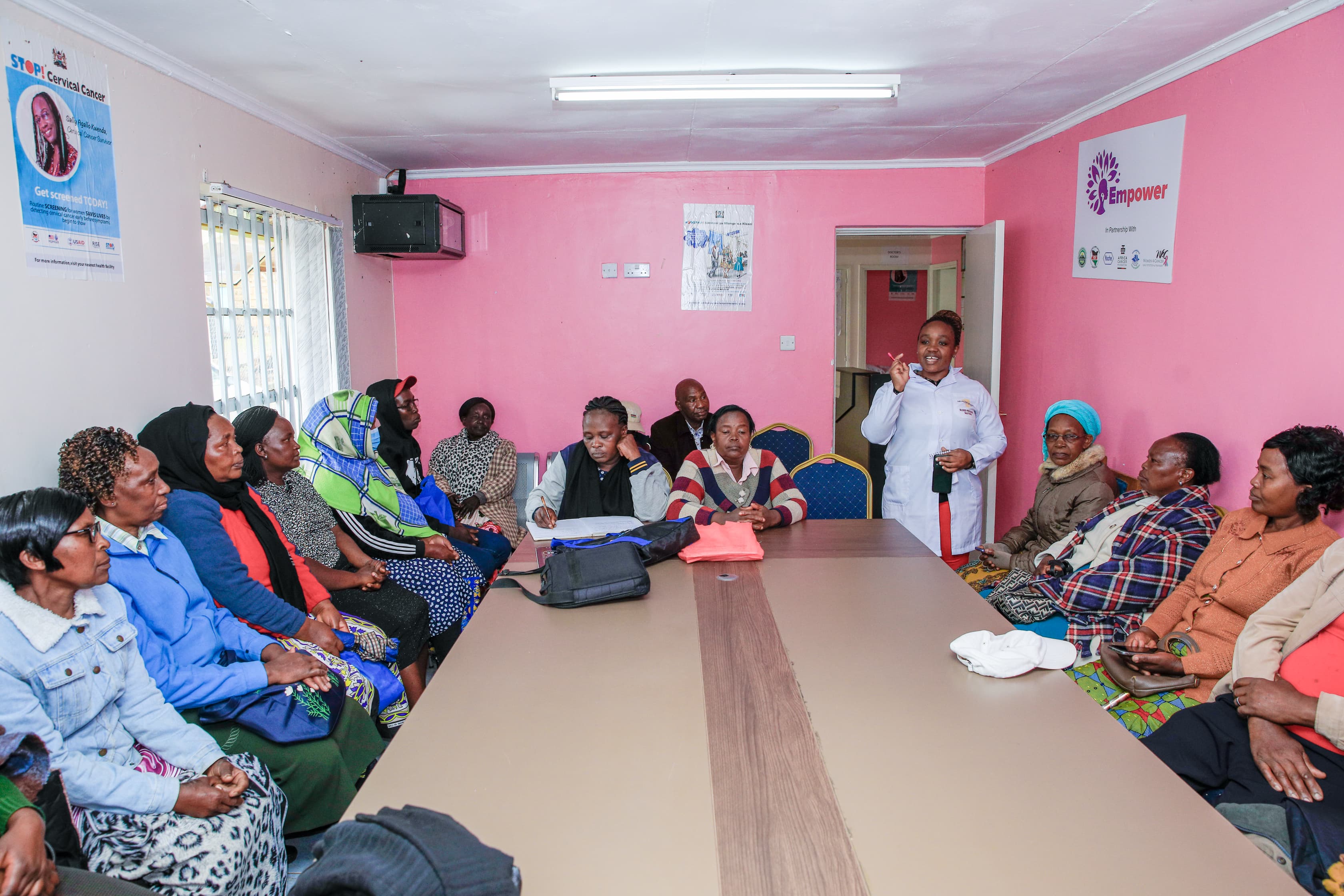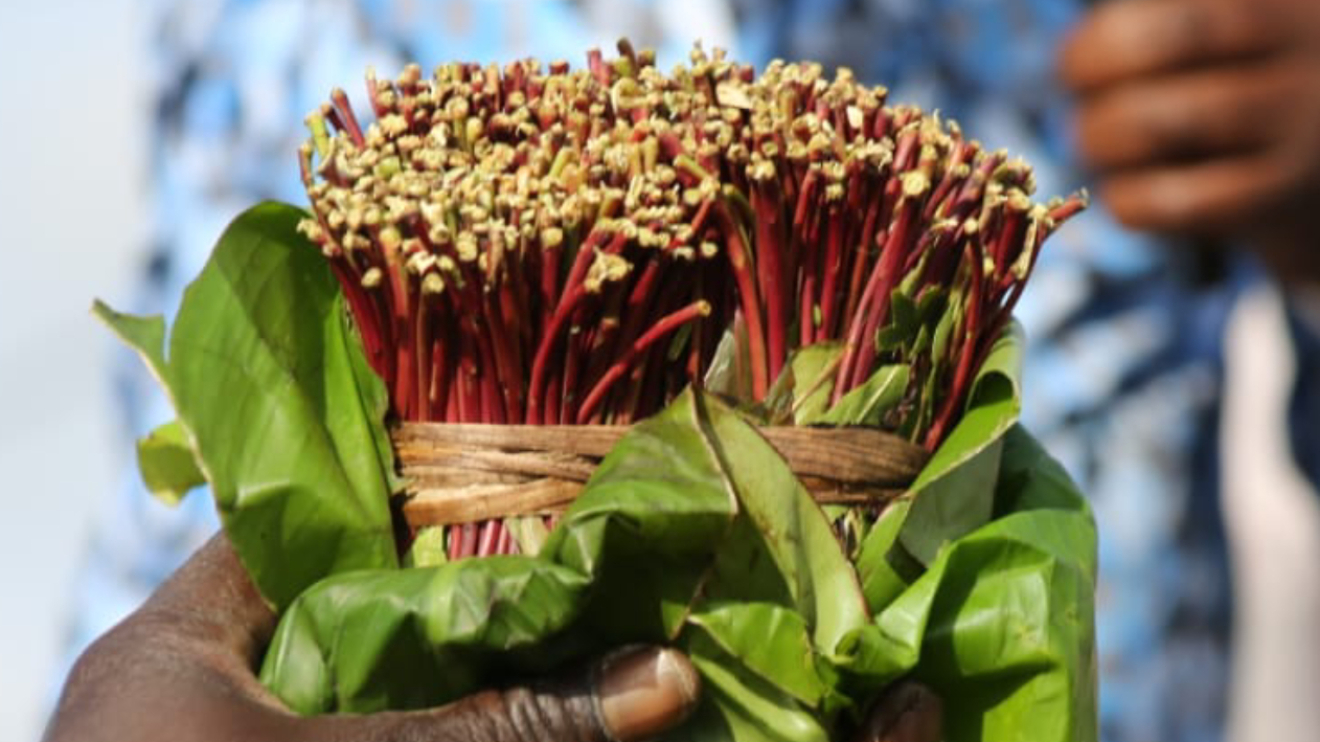A cholera outbreak has claimed six lives and left 97 people infected in Migori, Kisumu, and Nairobi counties, the Health CS Aden Dual confirmed in a statement released on Tuesday.
"The Ministry of Health wishes to confirm a cholera outbreak currently affecting parts of the country," the statement read in part.
Kisumu County has recorded the highest number of deaths—four—out of 32 reported cases in Nyando and Muhoroni.
Migori has seen 53 infections and one death, with cases spread across Suna East, Suna West, Kuria East, and Kuria West.
Nairobi has reported 12 infections and one fatality in Kasarani, Embakasi East, Embakasi Central, Roysambu, Kibera, and Dagoretti South.
Read More
The Ministry has attributed the outbreak in part to the consumption of untreated water and poor sanitation practices, based on field investigations.
In response, the Ministry of Health (MoH) has rolled out active case finding, contact tracing, and rapid response teams across the affected counties.
They are also training healthcare workers in case management, sanitation, hygiene, and risk communication.
Public awareness campaigns have been launched through “community health promoters, administrative officers, media, and distribution of IEC materials and videos,” while households are being encouraged to treat water and practice safe food handling.
The Ministry urged immediate action at the first signs of illness.
“At the first signs of diarrhea, start taking Oral Rehydration Solution (ORS) and seek immediate medical care from the nearest health facility.”
Assuring the country of its preparedness, Duale said, "We are on high alert in all Counties, surveillance activities have been stepped up, as well as intensified community awareness to ensure that any alerts are responded to in a timely manner.”
Cholera spreads rapidly through contaminated food or drinking water and stems from a bacterial infection called Vibrio cholerae.
Once infected, individuals may begin to experience profuse watery diarrhoea, vomiting, muscle cramps, and extreme dehydration—sometimes within just a few hours or up to five days.
Without urgent treatment, the illness can swiftly become fatal due to the rapid loss of fluids.



